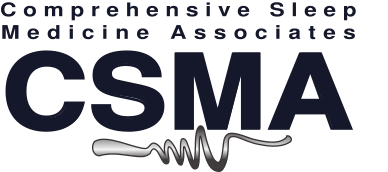It is now recognized that sleep disorders affect at least one third of the society on some level. Problems range from insomnia on an occasional basis to excessive daytime sleepiness to the point of falling asleep behind the wheel. In 1991The National Commission on Sleep Disorders Research reported to Congress that over $30 billion is lost every year as a result of sleep related issues in the United States.
The field of Sleep Disorders Medicine has evolved extensively over the past twenty years, but unfortunately there is a significant lack of education and awareness amongst most health care professionals. In a study published in 1993 all 126 American Medical Schools were surveyed to determine how much time is spent teaching medical students anything on the topic of sleep: researchers found that on average only two hours are spent on the topic of sleep during the four years of medical school.
It is also now recognized that obstructive breathing during sleep, which causes snoring, is interrelated to the jaw and tongue position during sleep. Movement of the jaw can either help or hinder the breathing process. Many patients who grind and clench their teeth at night do so in an attempt to help keep the airway open and prevent obstructive respirations.
One of the main goals of the Sleep Education Consortium is to provide continuing medical education (CME) courses for physicians that will help them identify and treat patients with the most common of sleep disturbances. Additionally, public education is clearly necessary in order to motivate the primary care physicians who have to address their patients health questions. Enhancing the education of the general public on sleep problems will also help achieve the overall goal of the Sleep Education Consortium by creating a more educated population base, which will then bring their questions and concerns to their primary care physician.

